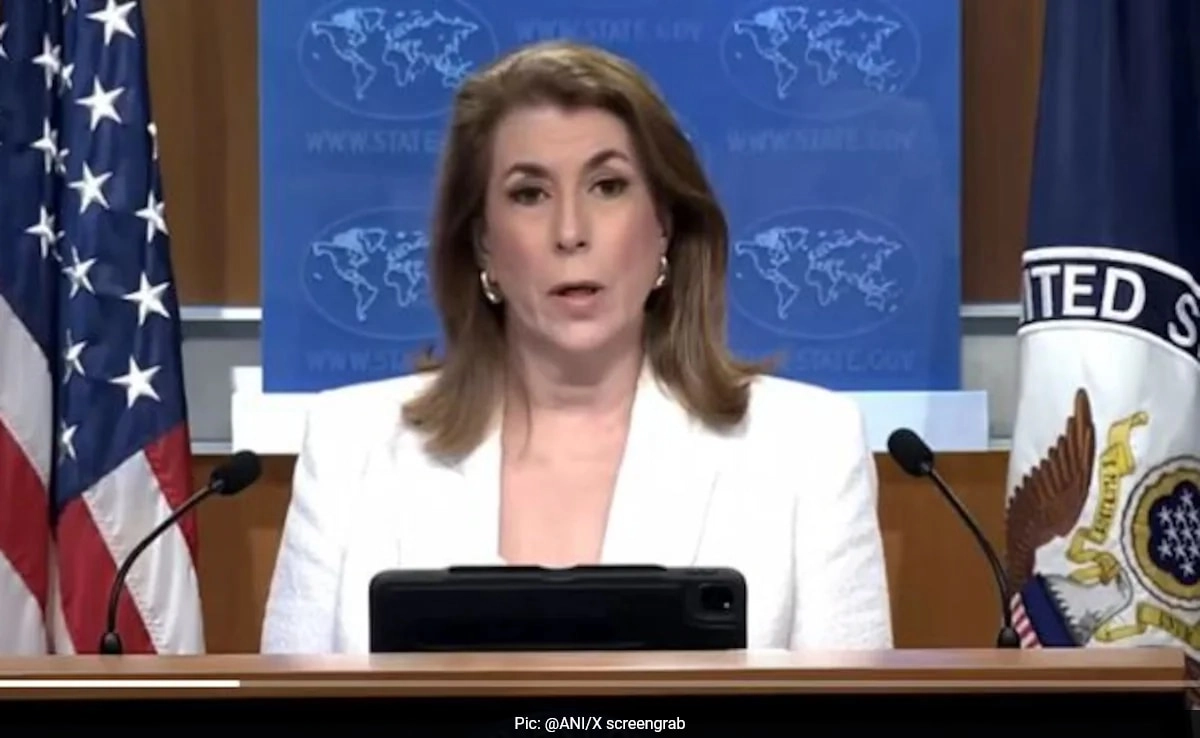Recently, the United States has addressed the geopolitical tensions in South Asia following comments made by Pakistan’s Army Chief, General Asim Munir, regarding the potential use of nuclear weapons. In a context where nuclear capabilities are a significant concern, Munir’s remarks have raised alarms about the fragile security dynamics between India and Pakistan. The United States, a key player in the region, has reiterated its commitment to supporting stability and peace between these two nuclear-armed nations. Officials have emphasized the importance of dialogue and diplomatic engagement as a means to de-escalate tensions and prevent any miscalculations that could lead to conflict.
The U.S. has long recognized the complex relationship between India and Pakistan, characterized by historical grievances and ongoing disputes, particularly over the Kashmir region. In light of General Munir’s statements, American officials have called for restraint and have urged both countries to focus on confidence-building measures. The U.S. position underscores the need for both nations to prioritize diplomatic solutions over military posturing, especially in a landscape where nuclear threats can have catastrophic consequences. This approach aligns with the broader U.S. strategy of promoting global nuclear non-proliferation and maintaining regional stability.
Furthermore, the U.S. has consistently supported India as a strategic partner in the Indo-Pacific region, particularly in the context of rising challenges posed by China. This evolving partnership has implications for U.S.-India ties, which have strengthened over the years through collaborations in defense, trade, and technology. American officials are likely to view the escalation of rhetoric from Pakistan as a critical moment to reinforce their commitment to India while encouraging dialogue with Pakistan. The U.S. aims to balance its relationships in the region, recognizing that a stable South Asia is vital for broader security interests, including counterterrorism and economic development.
In conclusion, the U.S. response to General Asim Munir’s nuclear threats reflects a nuanced understanding of the South Asian geopolitical landscape. By advocating for diplomatic engagement and stability, Washington seeks to mitigate the risks associated with nuclear escalation and foster a more secure environment for both India and Pakistan. As tensions persist, the role of the United States as a mediator and partner will be crucial in navigating the complexities of this fraught relationship and ensuring that peace remains the priority for all parties involved.



